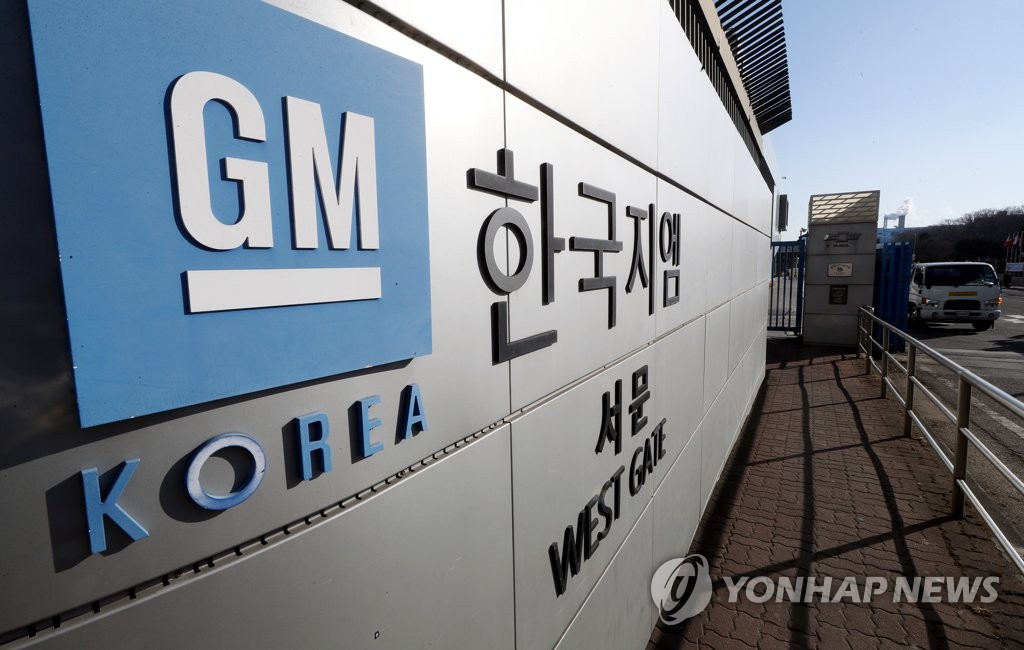Korea Automobile Industry Association Report… “In the long term, domestic development and production capabilities should be expanded”
(Seoul = Yonhap News) Reporter Hana Jang = In order to minimize the impact of the domestic automaker industry as the global automotive semiconductor supply and demand disruption is showing signs of prolonged periods, it was argued that the government should first request cooperation with Taiwan, a major producer, to increase automotive semiconductor production.
–
[장현경 제작] Photo composition/illustration
–
On the 10th, the Korea Automobile Industry Association reported on the 10th, “Semiconductor Supply and Demand for Vehicles, and Responses” through a report on the supply and demand of vehicle semiconductors. As such, major global automakers such as plant shutdowns or production volume reductions are expanding.
Vehicle semiconductors are less profitable than other system semiconductors, require high reliability and safety, and are subject to defects, safety accidents, and recalls, making it difficult to expand supply in a short period of time as it is not easy to enter new companies.
Accordingly, in order to produce through an alternative foundry company other than TSMC, which is an existing foundry (consignment production of semiconductors), it takes at least one year to redesign the semiconductor to adapt to the factory and confirm the safety of the prototype, so it is urgent to expand the production volume of the existing foundry. .
Major automakers such as the United States, Germany, and Japan have already requested cooperation from the Taiwanese government to increase production of semiconductors for vehicles.
In order to prepare for the prolonged supply and demand disruption, the association[005930], DB Hitech[000990] He advised that it is also necessary to secure alternative production capabilities through domestic foundry companies.
In the long term, it is necessary to reduce dependence on overseas by creating an industrial ecosystem that cooperates with domestic fabless (semiconductor design companies), foundries, and automobile industries.
However, since automotive semiconductors are not the main products of domestic foundry companies, the government’s new investment incentives and tax support are expected to be needed.

–
[연합뉴스 자료사진]
–
The disruption in supply and demand for automotive semiconductors is already showing signs of prolonged periods.
According to IHS Markit, the supply of semiconductors for vehicles is expected to be 670,000 units in the first quarter of this year alone, and even if limited to China alone, the plant was shut down for 5-14 days mainly for foreign companies such as Volkswagen and Honda, resulting in 1% of total production, or 250,000 units. Is expected.
Considering that the MCU lead time (the time from order to delivery), which is the core of the supply disruption, is 26 to 38 weeks, the global supply disruption is expected to continue through 3Q.
Global companies such as Volkswagen, Toyota, and GM are expanding plant shutdowns or lower production volume adjustments.
In the first quarter of this year, Volkswagen is expected to cut production of 100,000 units, including production cuts of 50,000 units in China. Audi postponed production of high-end models in January, and 10,000 employees took leave. Toyota is temporarily adjusting production at its factories in China (Guangzhou), the United States (Texas), and Japan (Aichi Prefecture), while GM also shuts down some factories in the United States, Canada, Mexico, and Korea.
Ford, Renault, FCA, Honda, and Nissan are also temporarily suspending production.
Production disruptions also began to appear statistically. In the US, passenger car sales in January fell 3.7%, and in particular, inventories fell 20.2% year-on-year to 2.77 million units.
The association said that automakers are cutting production mainly for small cars with low profitability, and the supply of commercial and rental vehicles is on a sharp decline. Currently, we are minimizing the damage due to exhaustion of inventory and production cuts mainly for unpopular models, but if supply disruptions are prolonged, production disruptions of flagship models are also expected.
In Korea, GM Korea canceled extra work in January and reduced production at Bupyeong 2 plant this month, resulting in a shortage of semiconductor supply for vehicles.
However, there are no problems with production disruptions right away, as Hyundai Motor Company and Kia have secured inventory in advance by suppliers and Renault Samsung Motors is managing long-term supply at the Renault Group level. Ssangyong Motor[003620]Is expected to have no short-term problems due to a decrease in production volume.
Man-gi Chung, chairman of the association, said, “Unless the crisis caused by Corona 19 has been completely resolved, the disruption in the supply of semiconductors for vehicles is likely to spread the crisis in some of the automobile industry.” “In the long term, we will establish a cooperation network between the domestic automobile industry, fabless and foundry industries. It will have to build and expand domestic vehicle semiconductor development and production capabilities.”
<저작권자(c) 연합뉴스,
Unauthorized reproduction-redistribution prohibited>
2021/02/10 10:06 sent
–

:quality(80)/cdn-kiosk-api.telegraaf.nl/c1c1a302-6af7-11eb-ac30-02c309bc01c1.jpg)